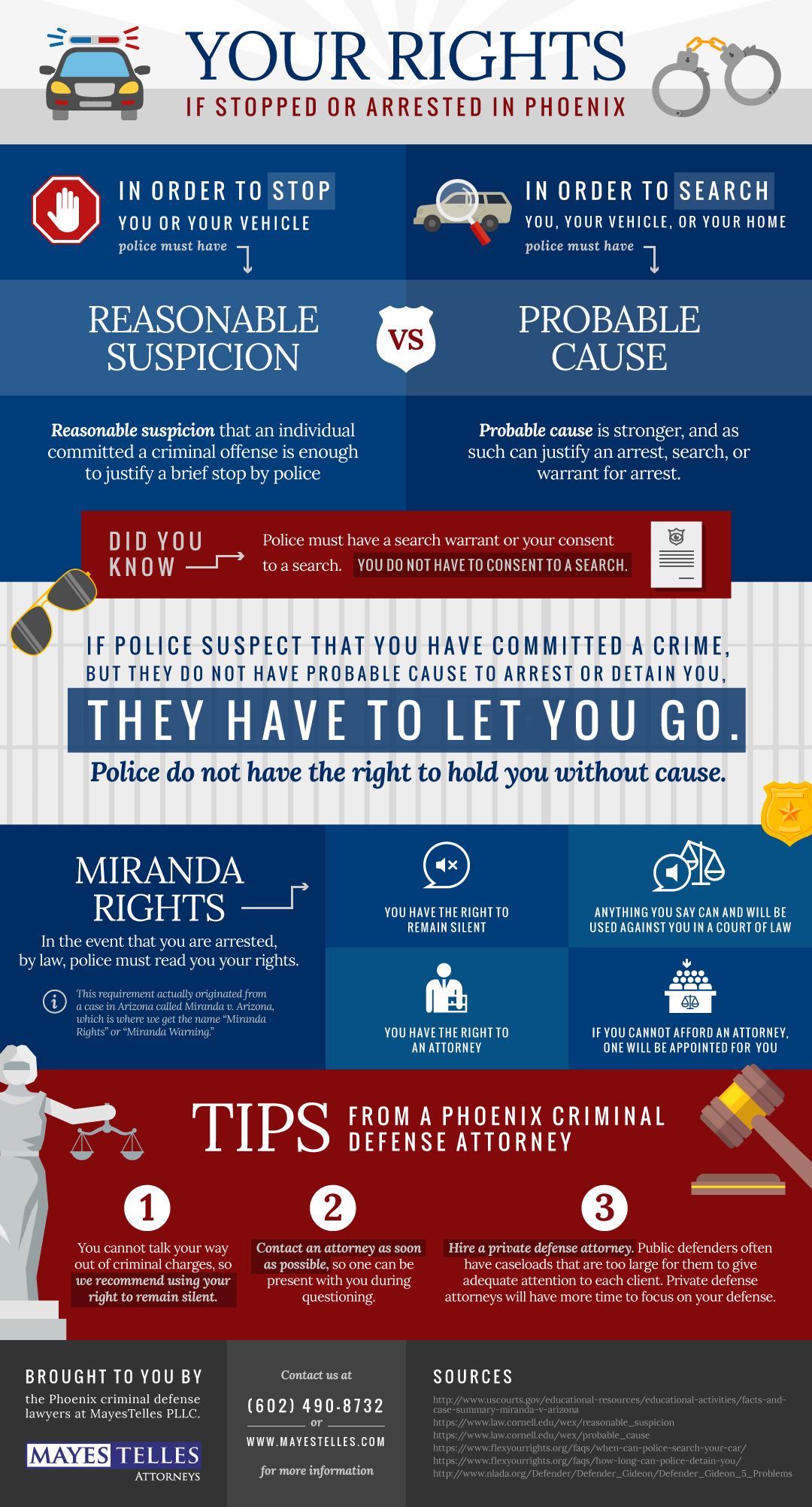Usual Misconceptions Regarding Criminal Protection: Debunking Misconceptions
Usual Misconceptions Regarding Criminal Protection: Debunking Misconceptions
Blog Article
Material By-Black Byrd
You've most likely heard the misconception that if you're charged with a criminal activity, you have to be guilty, or that remaining silent means you're concealing something. These widespread ideas not just distort public assumption but can also influence the end results of lawful process. It's important to peel off back the layers of misunderstanding to understand the true nature of criminal defense and the civil liberties it shields. Suppose you understood that these myths could be dismantling the very foundations of justice? Join the discussion and explore how disproving these misconceptions is vital for making sure fairness in our lawful system.
Myth: All Defendants Are Guilty
Frequently, people incorrectly believe that if a person is charged with a criminal offense, they need to be guilty. You might assume that the legal system is foolproof, yet that's much from the truth. Charges can come from misunderstandings, incorrect identifications, or inadequate proof. federal defense lawyer to keep in mind that in the eyes of the law, you're innocent until tried and tested guilty.
This anticipation of innocence is the bedrock of the criminal justice system. It ensures that the burden of proof lies with the prosecution, not you. They must establish past an affordable uncertainty that you committed the crime. This high standard shields individuals from wrongful sentences, making certain that no one is punished based upon assumptions or weak proof.
Moreover, being billed doesn't imply completion of the roadway for you. You deserve to safeguard on your own in court. This is where an experienced defense attorney comes into play. They can challenge the prosecution's instance, present counter-evidence, and advocate on your behalf.
The intricacy of legal procedures often requires professional navigating to protect your legal rights and accomplish a fair outcome.
Misconception: Silence Equals Admission
Numerous believe that if you choose to continue to be silent when accused of a criminal activity, you're basically admitting guilt. Nevertheless, this could not be better from the reality. Your right to continue to be quiet is secured under the Fifth Change to stay clear of self-incrimination. It's a legal secure, not a sign of guilt.
When you're silent, you're really exercising a basic right. This stops you from claiming something that may inadvertently damage your defense. Keep in mind, in the warmth of the minute, it's very easy to get overwhelmed or speak inaccurately. Police can analyze your words in ways you didn't intend.
By staying quiet, you give your attorney the best possibility to defend you effectively, without the complication of misinterpreted statements.
Furthermore, it's the prosecution's job to show you're guilty beyond a reasonable uncertainty. Your silence can't be used as evidence of shame. In fact, jurors are instructed not to translate silence as an admission of regret.
Misconception: Public Defenders Are Inadequate
The misconception that public protectors are inefficient lingers, yet it's important to comprehend their critical function in the justice system. Several believe that because public defenders are usually overloaded with situations, they can not give high quality protection. Nevertheless, this neglects the deepness of their commitment and proficiency.
Public defenders are fully licensed lawyers who've chosen to concentrate on criminal legislation. They're as certified as private attorneys and frequently more seasoned in test job because of the volume of situations they manage. You may think they're less inspired because they do not choose their clients, however actually, they're deeply dedicated to the suitables of justice and equal rights.
who is the defence in a criminal case is very important to remember that all legal representatives, whether public or private, face challenges and restrictions. Public protectors frequently work with fewer sources and under even more stress. Yet, they constantly show strength and imagination in their defense techniques.
Their role isn't simply a task; it's a goal to make certain that every person, no matter income, obtains a reasonable trial.
Verdict
You may think if somebody's billed, they have to be guilty, but that's not how our system functions. Picking to stay quiet doesn't indicate you're confessing anything; it's just wise self-defense. And don't undervalue public protectors; they're committed professionals committed to justice. Remember, everyone deserves a fair trial and knowledgeable depiction-- these are essential civil liberties. Allow's drop these misconceptions and see the legal system for what it really is: a place where justice is sought, not just punishment dispensed.
